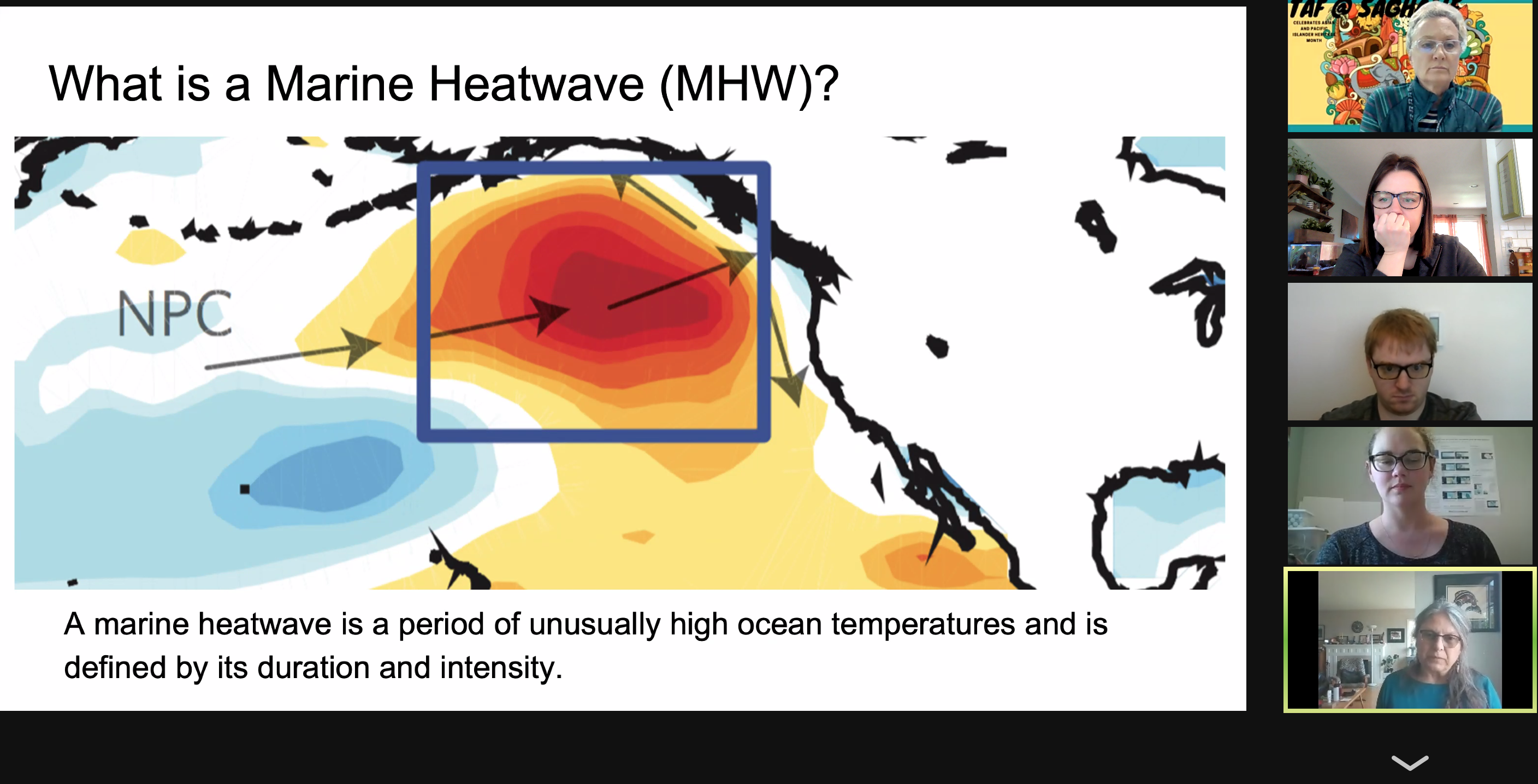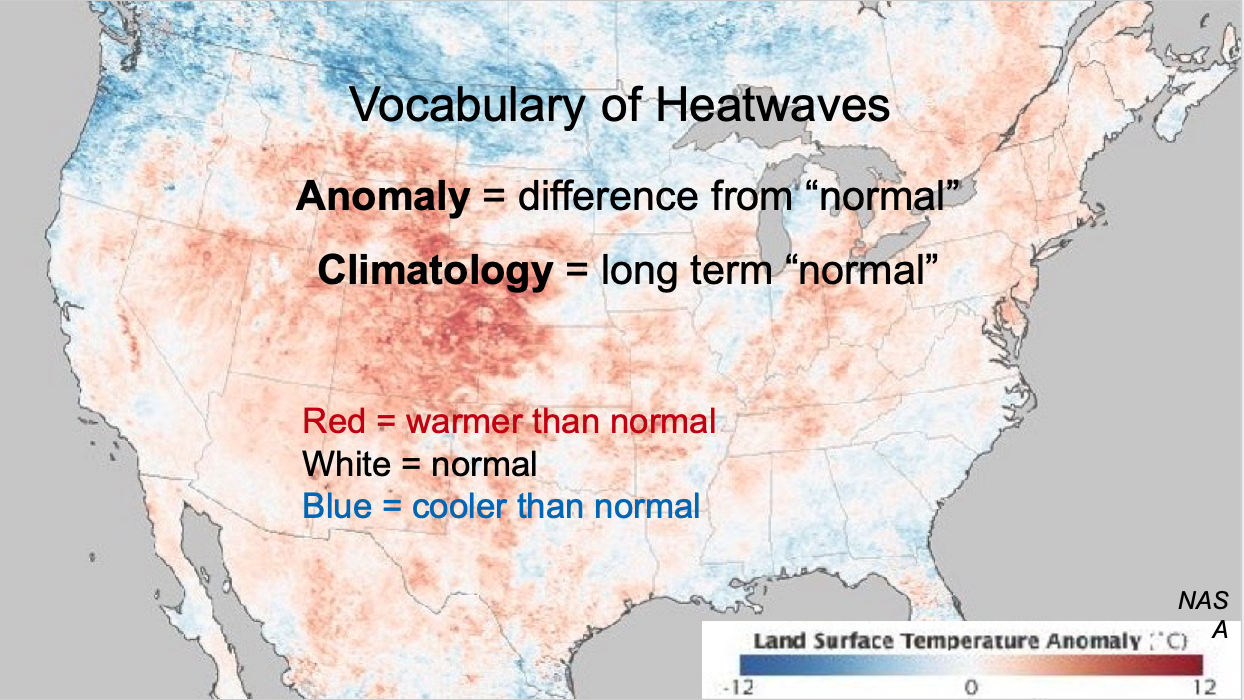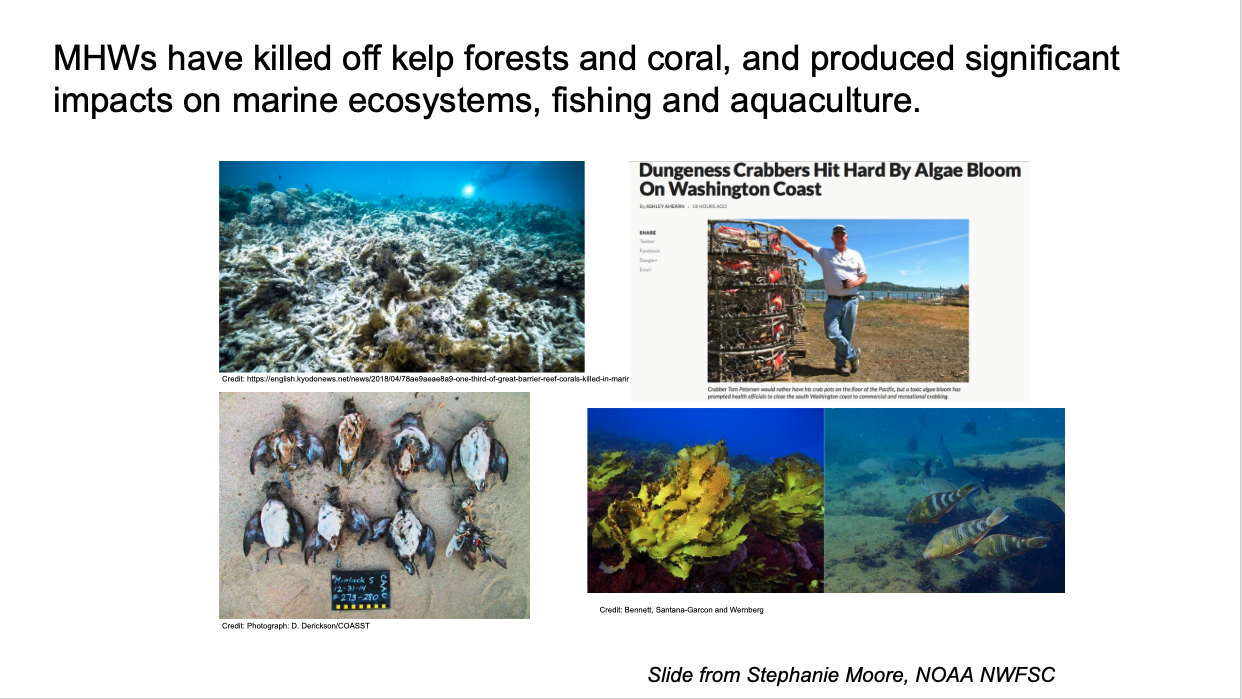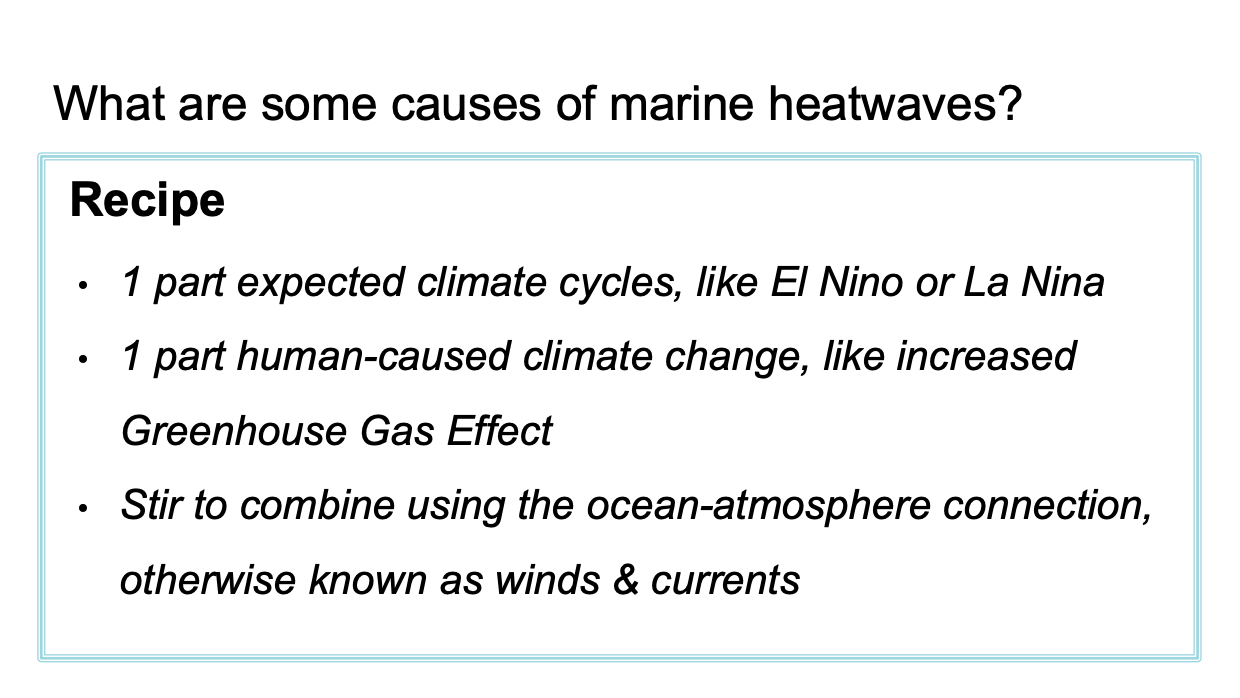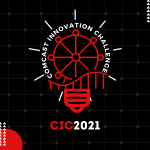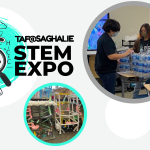
TSP & NOAA Partner Up: Bringing The Ocean to Class
How can we empower students of color to create the world they envision as future scientists, makers, coders, developers, engineers, and leaders?
The answer: TAF’s Teacher-Scientist Partnership (TSP) program. Created with the intention to diversify the range of career opportunities accessible to students of color, the TSP program aims to expose students to various STEM industries through collaborative learning opportunities in the classroom. Whether it be computer science, web & app development, AI & machine learning, or game design, the TSP program offers several workshops & year-long classes where students can gain in-depth exposure and experience to a variety of fields.
How exactly does the partnership work? First, industry volunteers collaborate with teachers to design STEM-focused curriculum related to their field of work. Then, over the course of several weeks, they share their knowledge and expertise with students, working together through a project-based learning experience that results in real-world applications. This way, students get to build valuable skill sets by working directly with the volunteers and develop their own STEM projects relevant to what they are learning. After completing a TSP class or workshop, students get to demonstrate their learning and newly acquired skills through a final presentation at the annual TSP exhibition.
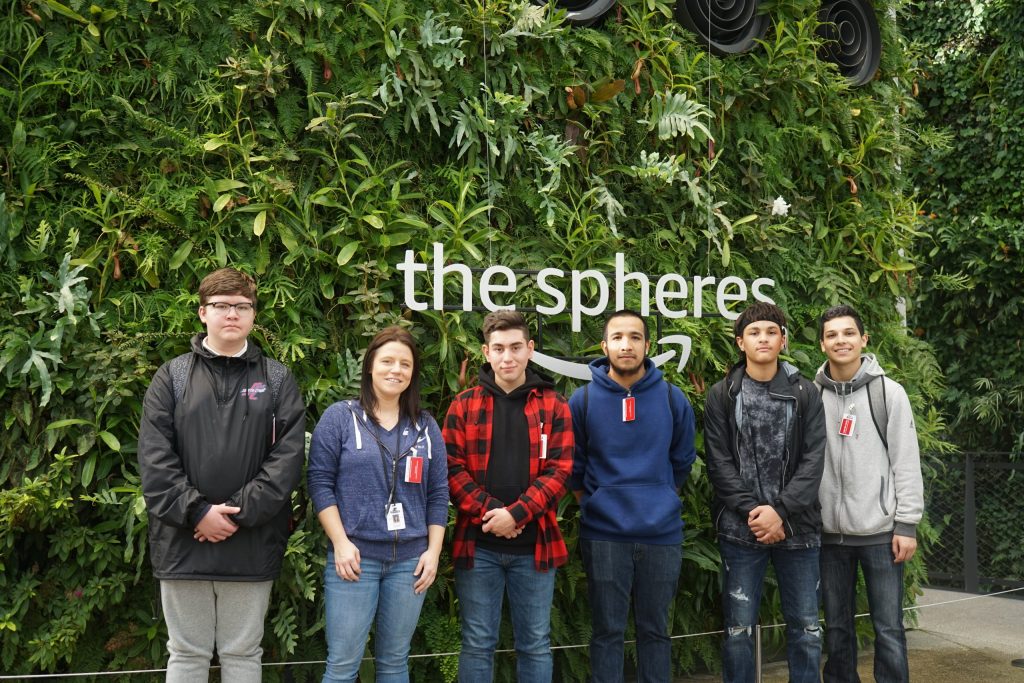
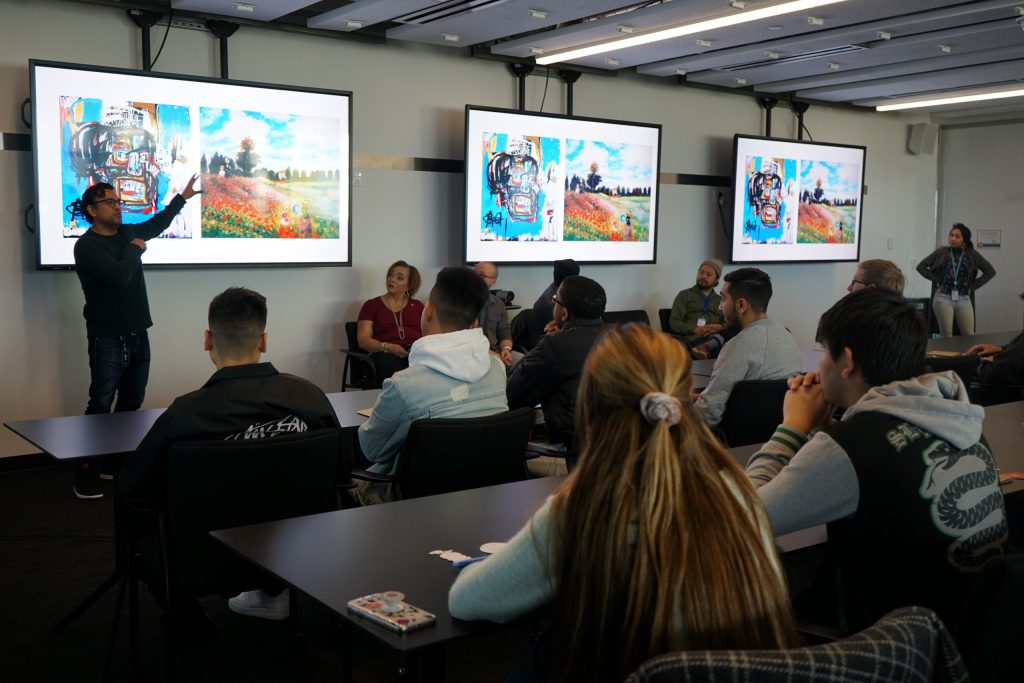
Two of the most recent workshop additions – Marine Heatwaves and Ocean Acidification – were hugely successful amongst our 7th-grade students at TAF@Saghalie. Over 89 students participated in the workshops led by Jan Newton & Simone Alin, two professional oceanographers from the National Oceanic and Atmospheric Administration (NOAA).
“I have long known Simone, a friend and excellent scientist collaborator with me,” shares Jan when speaking to how the workshop came about. “We wanted to find ways where we can contribute to educating the next generation, share the scientific knowledge we have, and think about how we are leaving the planet in terms of people’s awareness of ocean science and the changes humans are making.”
Simone first learned about TAF through the implementation of the STEMbyTAF model at Washington Middle School, which led to her interest in offering a marine-focused course to TAF’s students. “As a mom, I had been doing outreach at the K-5 school my kids were attending, at which a majority of students represented populations that are underserved by mainstream science and underrepresented in STEM fields. So when I saw STEMbyTAF, I was very excited to try to bring my colleagues together with folks at TAF to create STEM educational opportunities for students to learn about how climate and ocean change are affecting our region and to help students begin to see themselves in future positions where they might take on some of this work.”
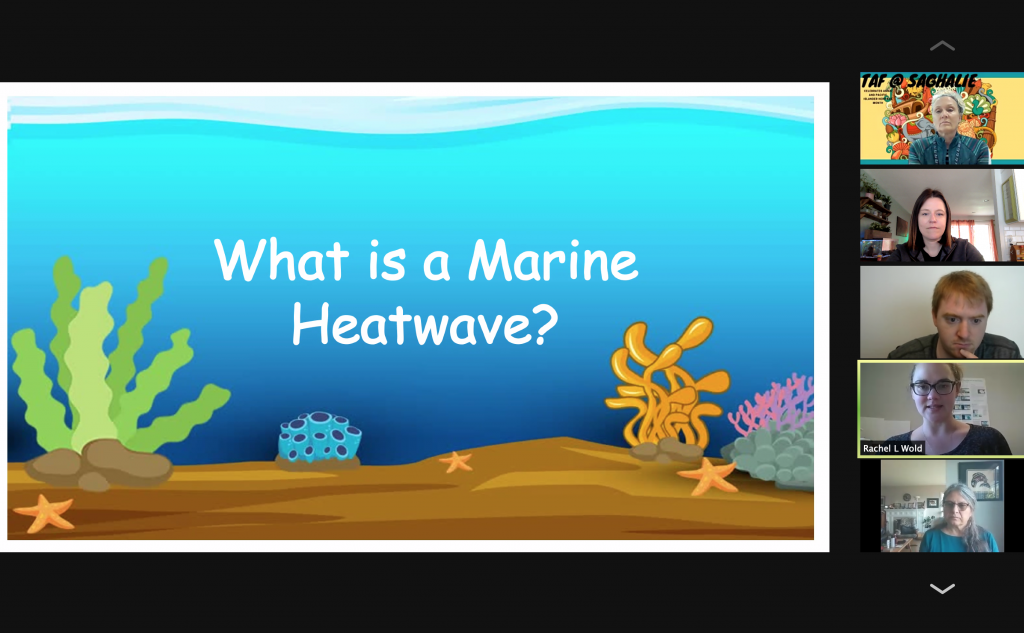
Shortly after connecting with TAF’s TSP Program Manager Michelle Oliver, Jan & Simone created a series of lesson plans and modules that would provide students the opportunity to experience the work of a climate scientist or coastal shellfish worker in the Pacific Northwest. They showed students how to evaluate oceanic temperatures using a climatology app, analyze data sets for cause and effect, and study ocean acidification levels along with the WA State Hatchery. “When the students volunteered to run the apps on their computer, it was great to see them exploring and to hear them thinking about how things are connected.” shares Jan.
The importance of these workshops goes beyond just integrating skill-building and STEM industry exposure into a fun, hands-on learning experience – it’s a chance for students to explore new areas of interest and imagine career opportunities for themselves that perhaps historically and traditionally were not made accessible to them. Similar to how TAF’s academic model breaks down barriers of learning for students of color, the TSP program breaks down barriers of career exploration and exposure.
“We need more ocean scientists from all backgrounds…only then can we have the strongest science, the most informed society, and a better legacy to pass on,” states Jan. “To teach the science but also to be genuine and approachable in how we do it in order to engage under-represented people such that we change the current make-up of ocean scientists. Our world will benefit from more minds with ocean literacy, especially from diverse backgrounds. I’m so grateful to be given the opportunity and trust to take small steps forward together with TAF, Washington MS, and the amazing talent of this partnership.”
Learn more about the TSP program or contact Michelle Oliver for partnership opportunities.

